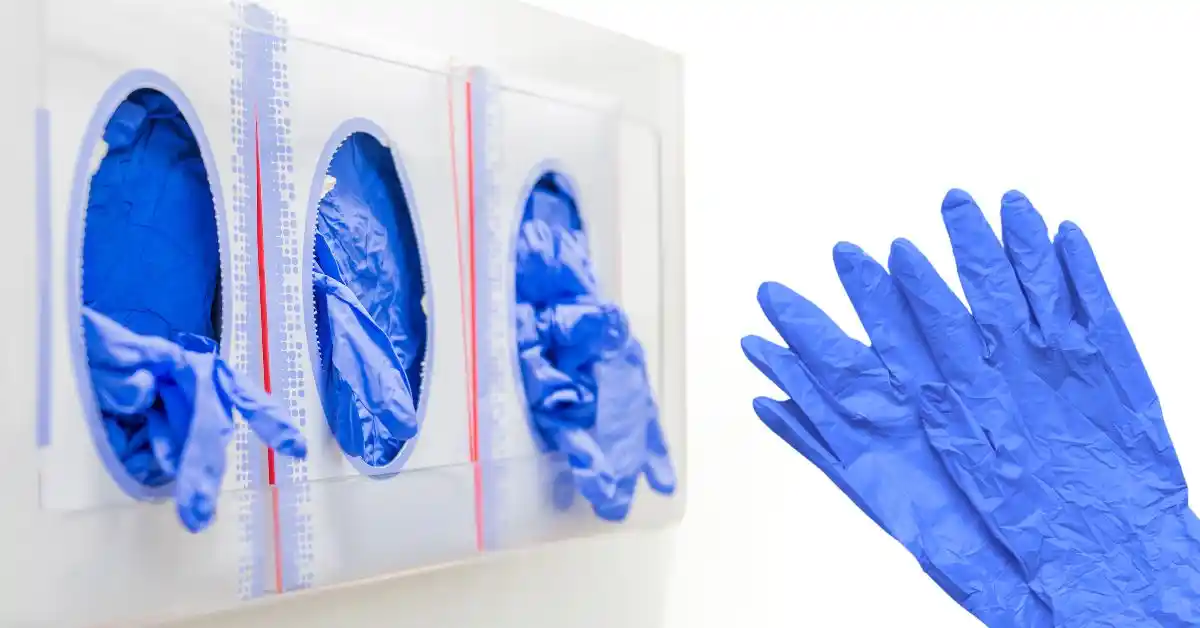
Do Medical Gloves Expire? Understanding Shelf Life and Safety
The Importance of Knowing Expiration Dates for Medical Gloves Understanding the expiration dates of medical gloves is crucial for ensuring safety and efficacy in healthcare
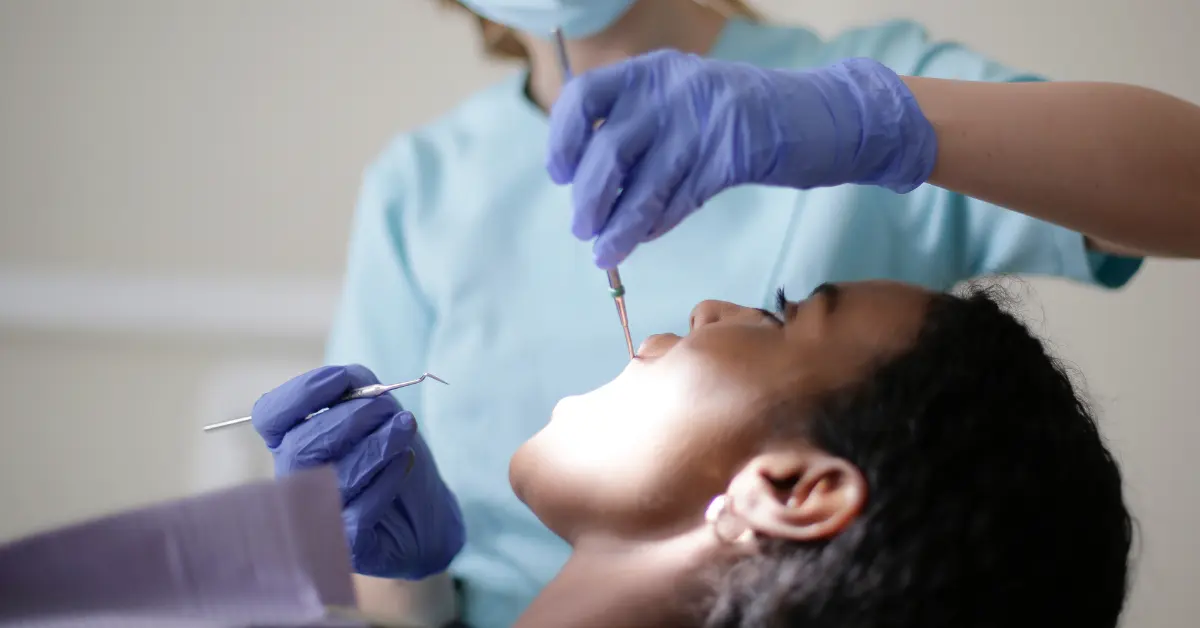
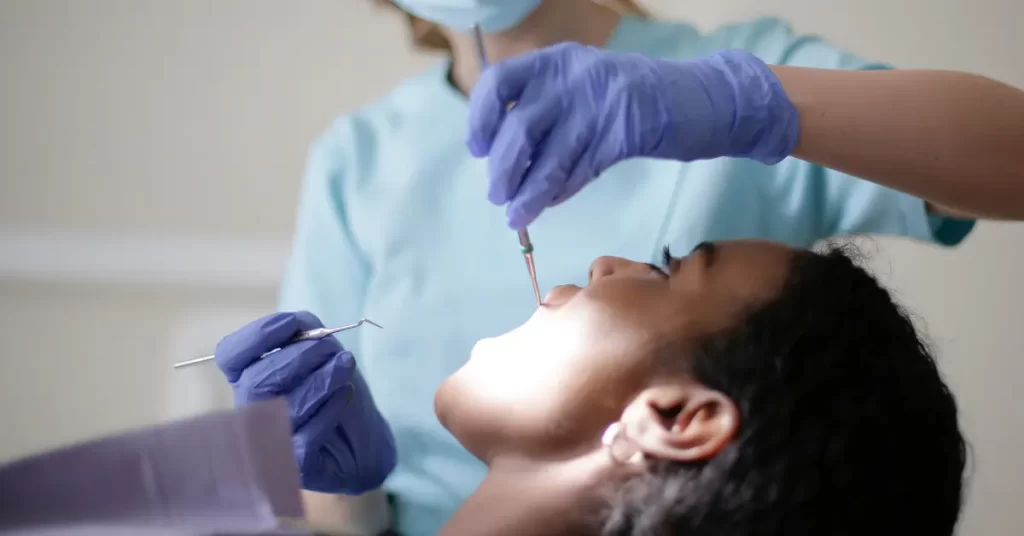
As dental professionals, dentists are responsible for providing safe and quality care to their patients. From routine cleanings to complex procedures, dentists are constantly exposed to various microorganisms that can potentially lead to infections. That’s why dentists must wear gloves during dental treatments. In this article, we’ll delve into the importance of gloves in dental care and answer the question – why should dentists wear gloves?
From cavities to gum disease, dentists deal with a plethora of oral health issues daily. During dental treatments, dentists come into contact with saliva, blood, and other bodily fluids, making them highly susceptible to bacteria and viruses. That’s why wearing gloves is a vital part of their protective equipment (PPE). Not only do gloves provide a barrier between patients’ bodily fluids and the dentist’s skin, but they also protect patients from any potential cross-contamination.
Dental procedures, especially those involving drilling or scaling, can create splatter or spray of blood and saliva. Without gloves, dentists are at risk of exposure to these potentially infectious fluids. However, with the use of gloves, these risks are significantly reduced. Gloves should be worn during all patient care. This includes activities that involve contact with mucous membranes or non-intact skin, such as dental cleanings or filling cavities. Wearing gloves can prevent the spread of bacteria and viruses, keeping both the dentist and the patient safe.
As dental professionals, dentists must adhere to strict infection control protocols to ensure the safety of their patients. One of the primary reasons why gloves are an essential part of dental care is that they provide hygienic protection. The American Dental Association (ADA) recommends that gloves should be of high quality and be changed after each patient, to maintain cleanliness and reduce the risk of cross-contamination.
One question that arises is, why should gloves be changed after each patient? The answer is simple – gloves can become contaminated with bacteria and viruses during treatment. If the same pair of gloves is used on multiple patients, there is a high risk of cross-contamination. Changing gloves after every patient helps prevent the spread of infection and promotes proper hygiene. Moreover, it also maintains the quality of patient care, as wearing fresh gloves ensures a clean and sterile environment for each patient.
Among the many dental treatments, teeth cleaning is one of the most frequently performed procedures by dentists. It involves the use of hand instruments and ultrasonic scalers, which can generate aerosols that contain bacteria and saliva. This makes dental cleanings a high-risk procedure, making it essential for dentists to wear gloves. According to a study published in the Journal of Dentistry and Craniofacial Research, regular use of gloves during cleanings can reduce the potential spread of infection by up to 90%.
In conclusion, gloves are a crucial part of dental care, and the question is – should dentists wear gloves? Has a simple and clear answer – yes. The use of gloves not only protects the dentist from exposure to infectious fluids but also maintains a clean and hygienic environment for patients. In the current global health scenario, gloves have proven to be an effective tool in preventing the spread of disease. These are a non-negotiable element in dental care. As dental professionals, it’s our responsibility to prioritize the safety and well-being of both ourselves and our patients, and gloves play a significant role in achieving that. So remember, next time you visit your dentist, be reassured that they are wearing gloves to provide you with the best and safest care possible.

The Importance of Knowing Expiration Dates for Medical Gloves Understanding the expiration dates of medical gloves is crucial for ensuring safety and efficacy in healthcare
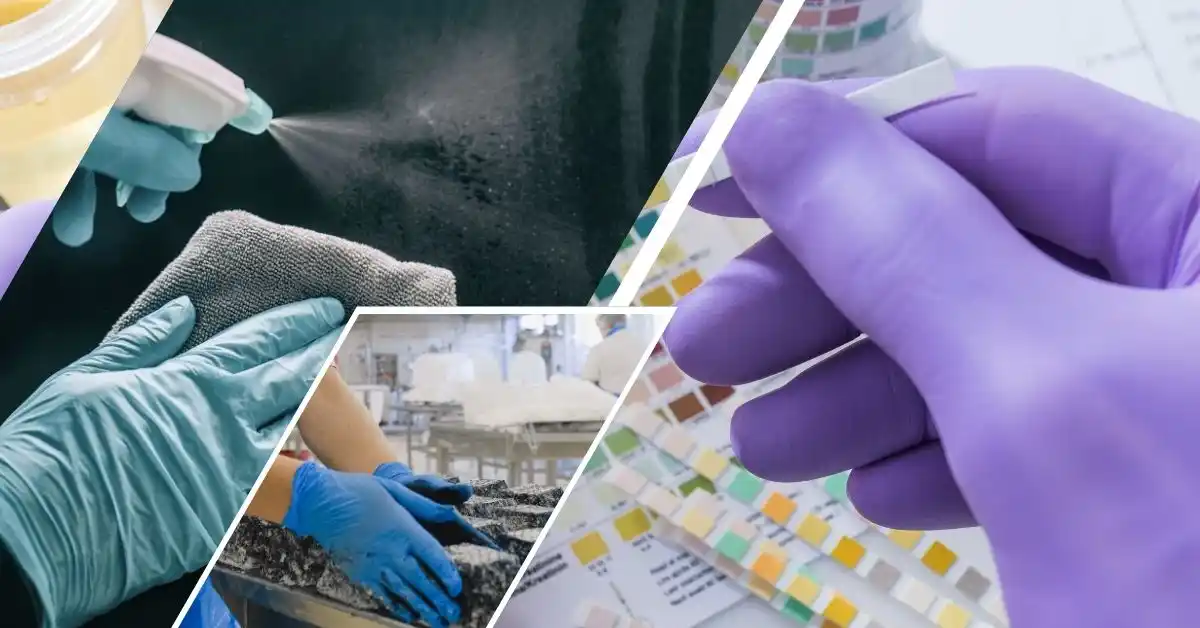
Healthcare Professionals: The Primary Users of Nitrile Gloves In the realm of personal protective equipment (PPE), nitrile gloves stand out as a crucial component, particularly
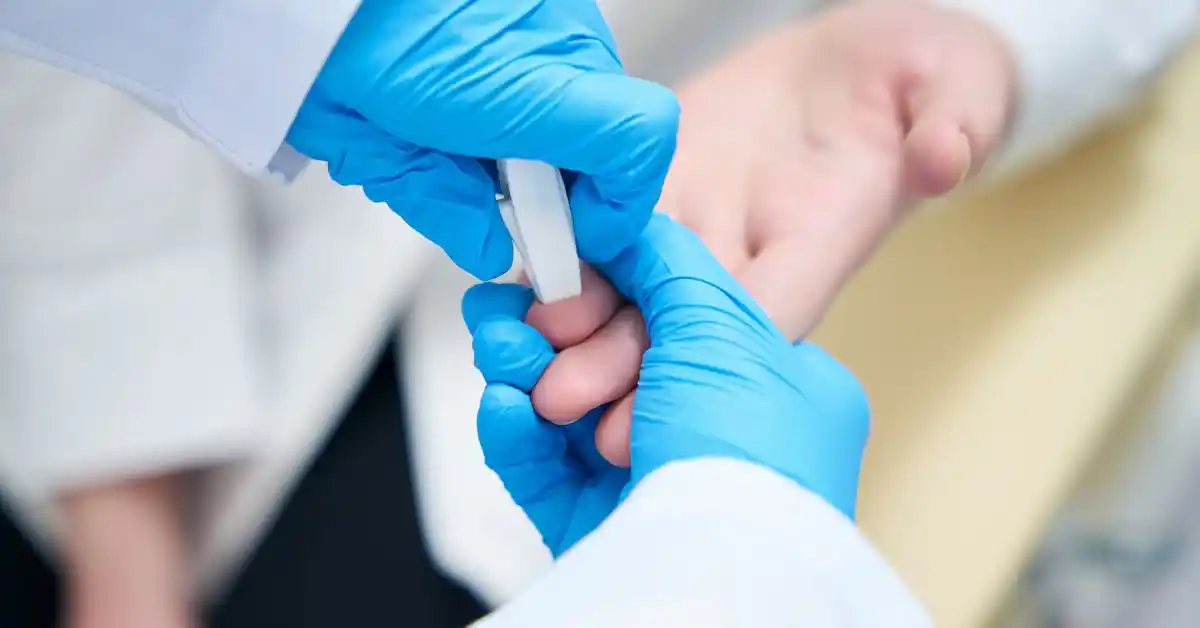
Understanding Puncture Resistance: What It Is and Why You Need It Understanding puncture resistance is crucial for anyone who prioritizes safety in their work environment.
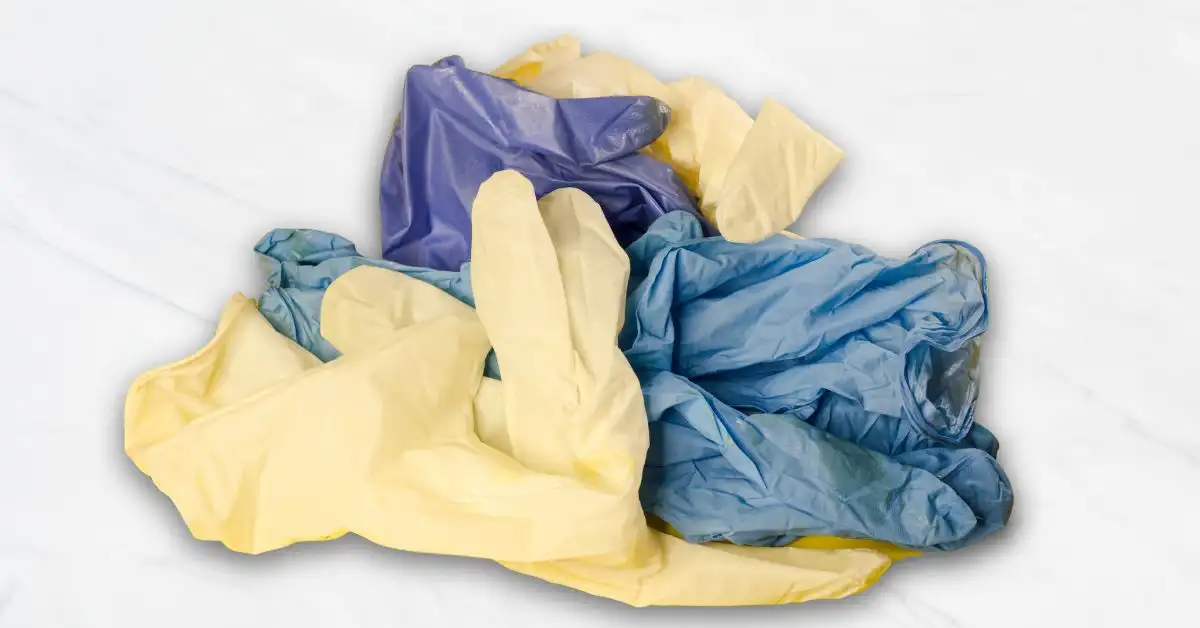
The Origins of Surgical Gloves: A Historical Overview The origins of surgical gloves can be traced back to a pivotal moment in medical history that

Why You Should Care About Hands Breaking Out from Gloves When it comes to personal protective equipment, gloves are often taken for granted. However, the
Driven by a passion for excellence, our mission is to consistently deliver the highest quality products at the most affordable prices. We aim to exceed customer expectations, creating value and trust.
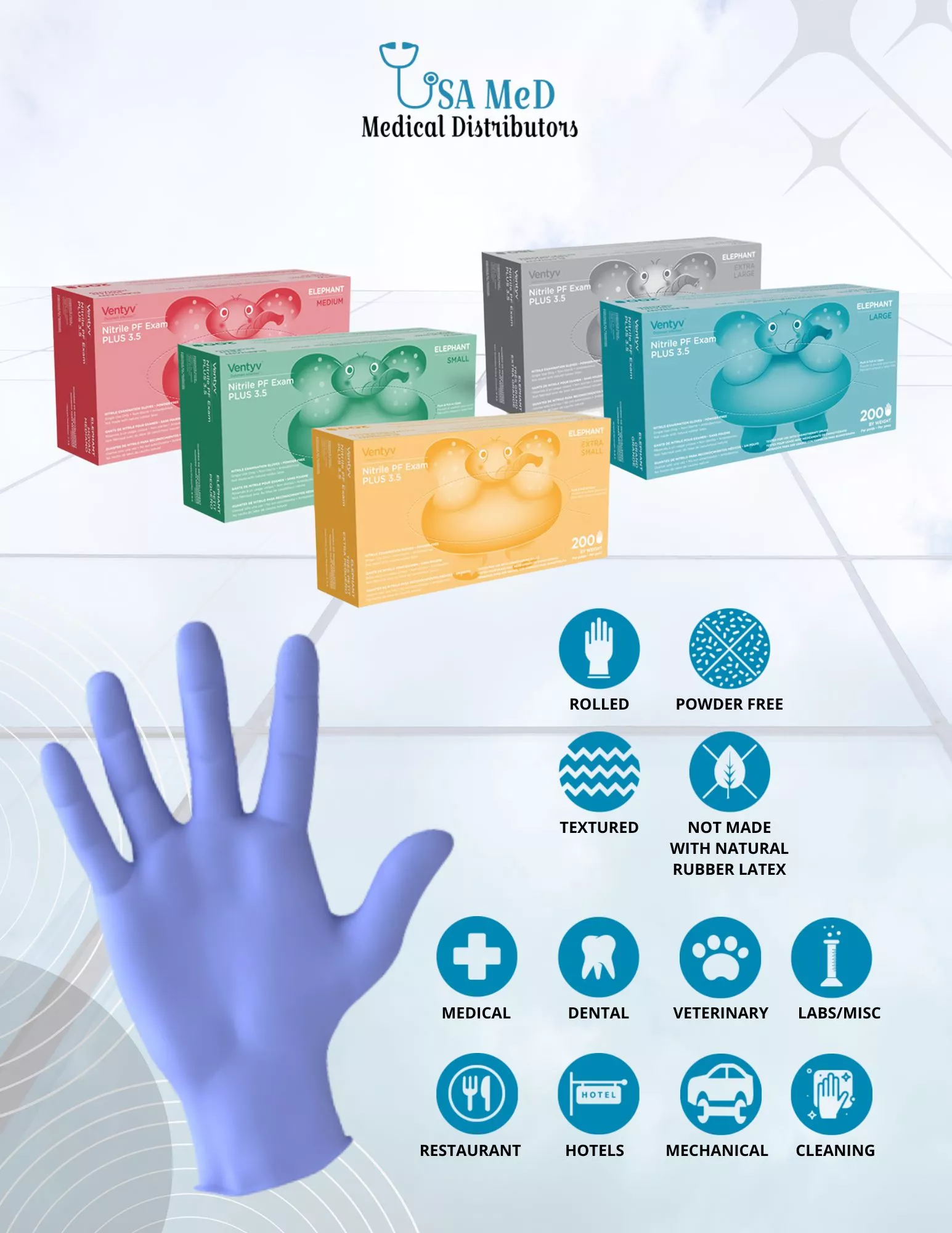
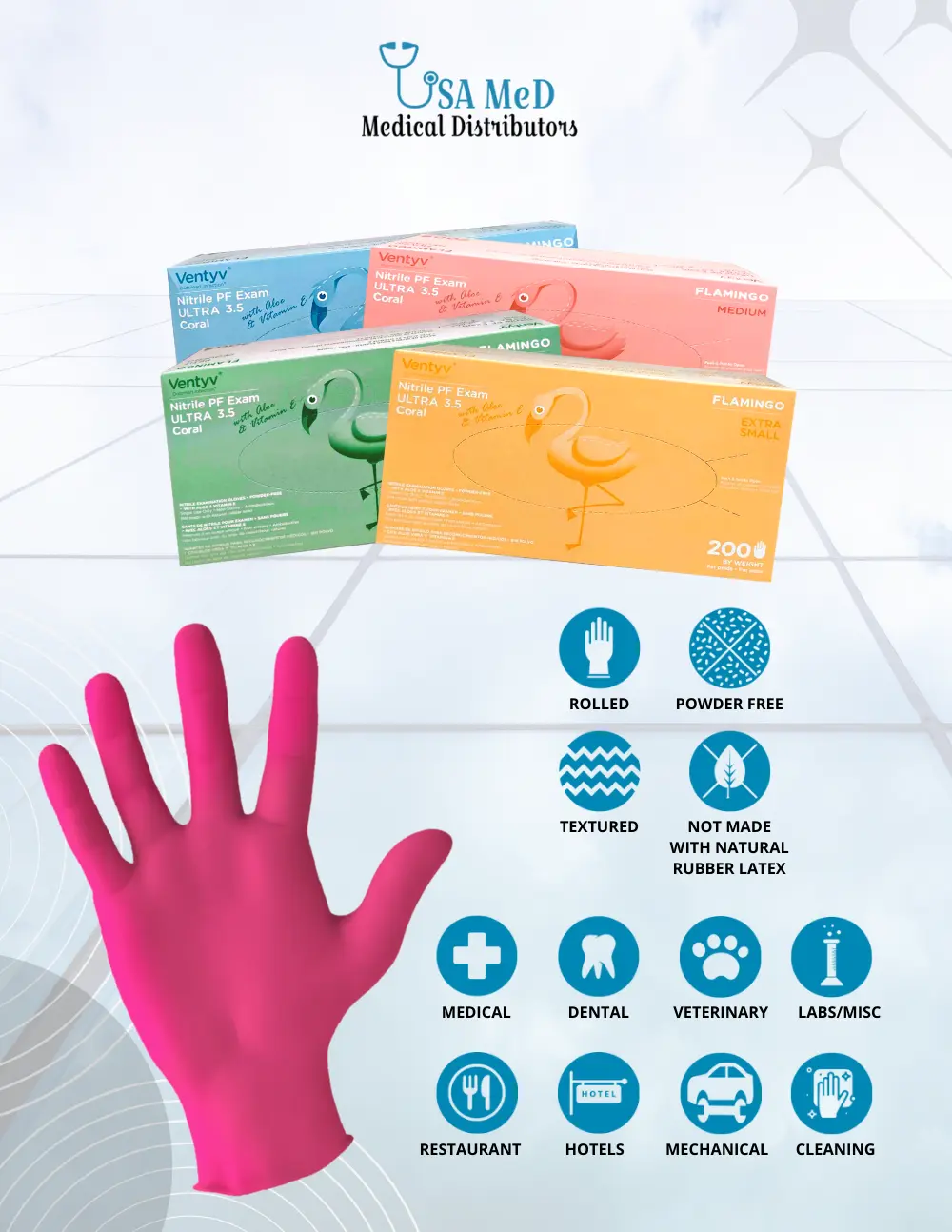
Phone Number: (239) 266 -1290
Email Addresses:
sales@usamedicaldistributors.com
customercare@usamedicaldistributors.com
Mailing Address :
501 Goodlette, Frank Rd N A105, Naples, FL 34102
Copyright 2022 – 2024. USAMED Medical Distributors. All rights reserved.
Privacy Policy | Return and Refund Policy
| Website by M. Escober